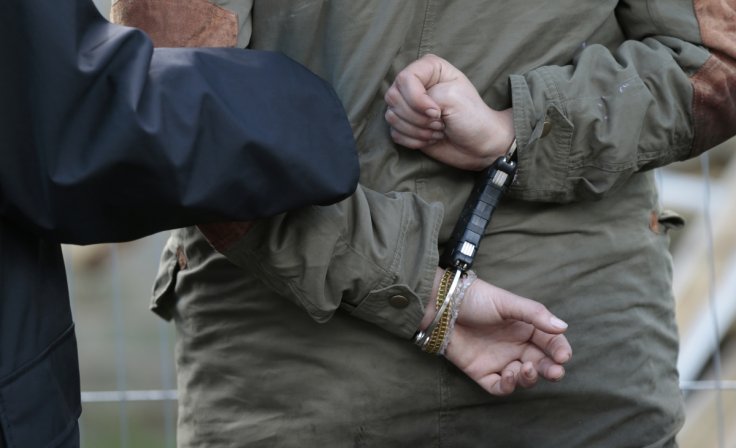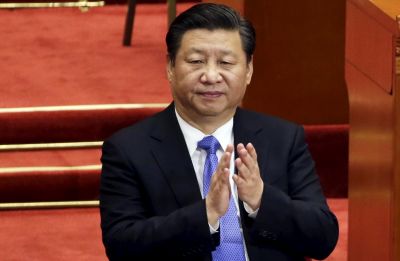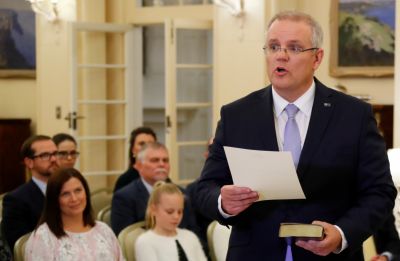Amid continuing tensions between Australia and China, a Chinese court has sentenced an Australian national to death for drug trafficking — seven years after he was arrested.
Cam Gillespie was arrested at the Guangzhou Baiyun airport in China on December 31, 2013, with over 7.5 kilograms of methamphetamine in his luggage. The Guangzhou Intermediate People's Court provided his name as "Kam Giles", translated from pinyin, China's written language.
While not much was revealed about the case, an Australian Department of Foreign Affairs and Trade spokesperson said: "An Australian man was detained in China."
"We are deeply saddened to hear of the verdict made in his case. Australia opposes the death penalty, in all circumstances for all people. We support the universal abolition of the death penalty and are committed to pursuing this goal through all the avenues available to us," the spokesperson said, adding that he wouldn't be able to comment further owing to privacy obligations.
Last year, Canadian citizen Robert Schellenberg also received the death penalty for a similar crime. He was accused of transporting 222 kilograms of methamphetamine in 2014 from China to Australia.

China's Retaliation to Australia's Probe Demand
The death sentence comes amidst growing hostilities between the two countries. Following Australia's demand for an independent investigation into the roots of the coronavirus pandemic which began in China's city of Wuhan in Hubei province, China, Australia's biggest trading partner, sought to fight it with a "consumer boycott".
China's ambassador to Australia Cheng Jingye warned in an interview with The Australian Financial Review: "It is up to the people to decide. Maybe ordinary people will say, 'Why should we drink Australian wine? Eat Australian beef?' "The Chinese public is frustrated, dismayed, and disappointed with what Australia is doing now."
China imposed higher tariffs on Australian barley, beef, and coal last month. The Chinese foreign ministry issued a travel advisory urging its citizens not to travel to Australia due to increasing cases of coronavirus-related racism in Australia. When Australia dismissed the claims calling them unreasonable, Chinese Foreign Ministry spokesperson Hua Chunying asked her counterparts to do some soul-searching.
"We advise Australia face up to its problems, do some soul-searching and take concrete measures to protect the safety, rights, and interests of Chinese nationals in Australia," Hua Chunying said in Beijing.


China Dismissive Once Again
China claims that none of the issues are related to the probe demand. Yu Lei, a chief research fellow at the Research Center for Pacific Island Countries at Liaocheng University told the Global Times that the Gillespie case had "nothing to do with bilateral ties" and "China would not use the sentence as a bargaining chip".
He added that the sentencing was done according to Chinese criminal law, which lays down capital punishment for criminals who smuggle more than 50 grams of methamphetamine.
China also denied that the imposed tariffs were related to the escalating tensions between the two countries, rather they were regulatory hurdles for Australian goods.
Australia views Beijing's actions as "coercion". Australia's Prime Minister Scott Morrison said: "We are an open trading nation. But I'm never going to trade our values in response to coercion from wherever it comes."
Read more







